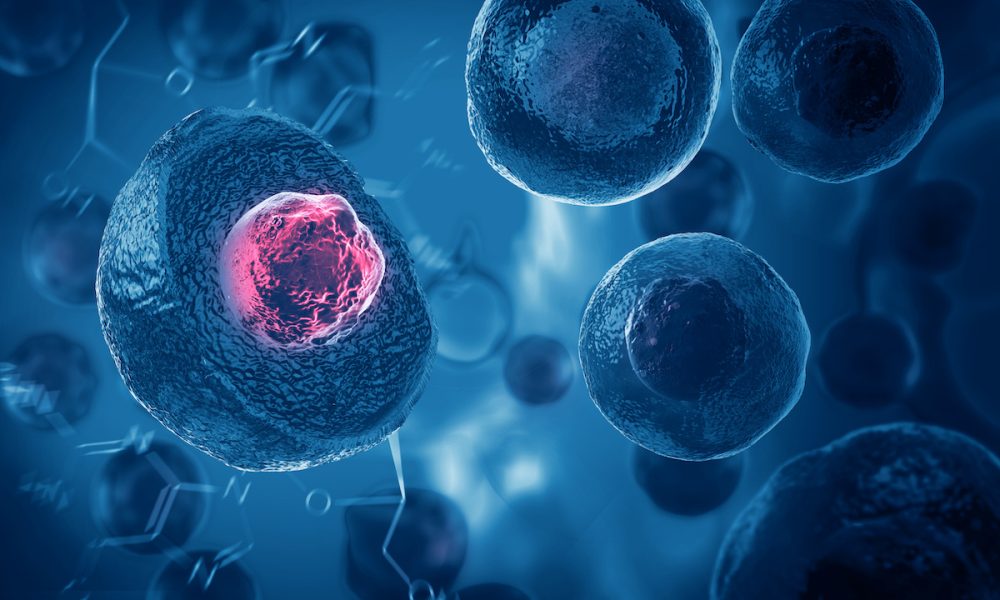
A recently launched Phase 1 clinical trial is examining the safety and feasibility of a groundbreaking treatment approach for Parkinson’s disease in which a patient’s stem cells are reprogrammed to replace dopamine cells in the brain damaged by the disease.
The first-of-its-kind trial of an autologous stem cell transplant, based on research and technologies invented and validated preclinically at McLean Hospital’s Neuroregeneration Research Institute (NRI), has enrolled and treated three patients at Brigham and Women’s Hospital.
A total of six participants will be included in the Phase 1 trial that will track the patients for 12 months and beyond to determine the safety of the procedure and monitor for any improvements in Parkinson’s disease.
Following the first six patients transplanted in the Phase 1 study, the researchers hope to expand and recruit more patients as part of Phase 2A study.
This novel therapeutic approach for treating Parkinson’s disease incorporates the use of stem cells derived from a patient’s own blood that had been converted into induced pluripotent stem cells (iPSCs).
These cells are then reprogrammed to turn into specific midbrain dopaminergic neurons ready for transplantation. The autologous transplantation approach of using a person’s own cells circumvents the requirement for immunosuppressive treatments, which are necessary when cells from other donors are used.
Cell replacement for Parkinson’s disease replaces the dopamine neurons lost to degeneration and can restore dopaminergic function in the brain, providing a completely new treatment modality compared to the currently available treatments.
The NRI’s founding director, Dr. Ole Isacson, who is also a professor of neurology at Harvard Medical School and Mass General Brigham, has pioneered work in cell therapy for Parkinson’s disease over the past 30 years and laid the foundation for this clinical trial.
“Seeing this transformational new patient cell-based replacement of their own dopamine neurons come to fruition – from the very basic science breakthroughs in our lab to be completely translated into a clinical application for patient’s suffering from Parkinson’s disease – is very gratifying,” said Isacson.
“We believe this approach may open up a new treatment paradigm and lead to the development of many additional cell therapies to restore damaged brain systems and replace degenerated brain cells in other diseases.”
“It is extraordinary to witness that investigators at our institution can bring new treatments to patients through the entire process of laboratory “bench to bedside,” and it inspires many investigators to similarly pursue their scientific and medical insights to reach patients in need,” said Kerry Ressler MD, chief scientific officer at McLean Hospital.
The Phase 1 open-label clinical trial will be the first such trial to test blood-derived autologous iPSC-derived dopamine neurons in patients with Parkinson’s disease.









